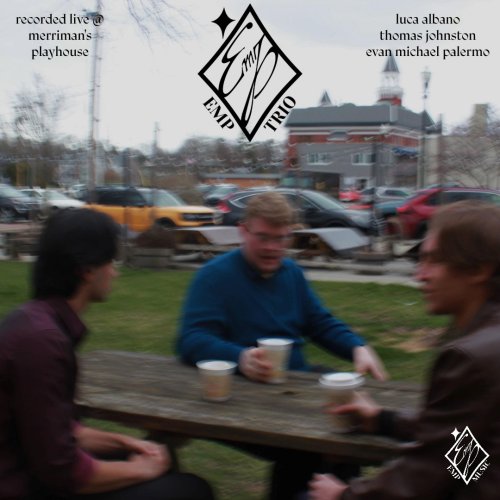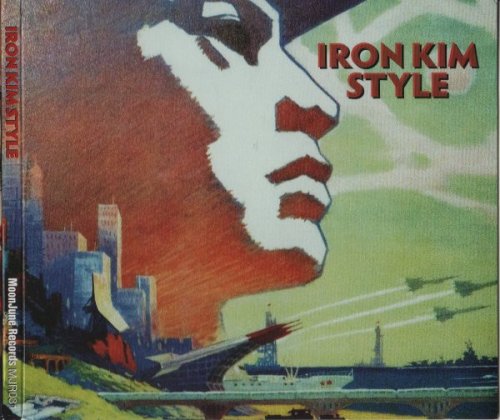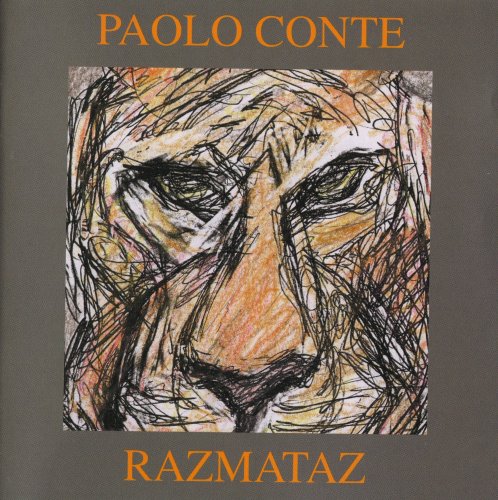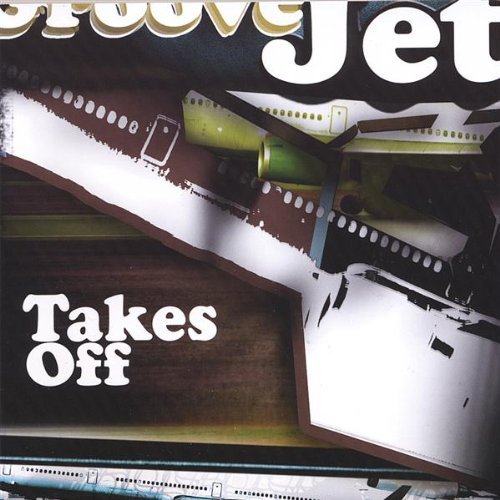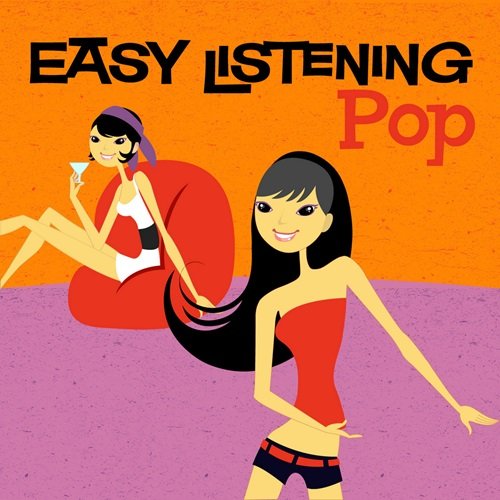Samson François - Ravel: L'oeuvre pour piano seul (1985) CD-Rip
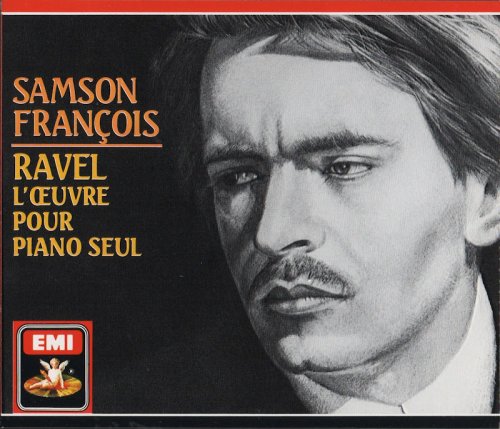
Artist: Samson François
Title: Ravel: L'oeuvre pour piano seul
Year Of Release: 1985
Label: EMI
Genre: Classical
Quality: FLAC (image+.cue,log,scans)
Total Time: 02:09:10
Total Size: 475 Mb
WebSite: Album Preview
Tracklist: Title: Ravel: L'oeuvre pour piano seul
Year Of Release: 1985
Label: EMI
Genre: Classical
Quality: FLAC (image+.cue,log,scans)
Total Time: 02:09:10
Total Size: 475 Mb
WebSite: Album Preview
Maurice Ravel (1875-1937)
CD 1:
01. Pavane pour une infante defunte [0:05:57.13]
02. Valses nobles et sentimentales: Modere, trés franc [0:01:18.67]
03. Valses nobles et sentimentales: Assez lent [0:02:46.10]
04. Valses nobles et sentimentales: Modéré [0:01:23.25]
05. Valses nobles et sentimentales: Assez animé [0:00:57.35]
06. Valses nobles et sentimentales: Presque lent [0:02:05.35]
07. Valses nobles et sentimentales: Vif [0:00:37.28]
08. Valses nobles et sentimentales: Moins vif [0:03:04.00]
09. Valses nobles et sentimentales: Epilogue: lent [0:04:05.05]
10. Prélude [0:01:20.65]
11. Jeux d'eau [0:06:03.05]
12. Menuet sur le nom de Haydn [0:01:39.52]
13. Miroirs: Noctuelles [0:04:45.53]
14. Miroirs: Oiseaux tristes [0:03:42.00]
15. Miroirs: Une barque sur l'océan [0:08:41.40]
16. Miroirs: Alborada del gracioso [0:07:16.47]
17. Miroirs: La Vallée des cloches [0:04:44.03]
18. A la manière de... Emmanuel Chabrier [0:01:54.57]
19. A la manière de... Borodine, valse [0:01:31.70]
CD 2:
01. Gaspard de la nuit: Ondine [0:07:11.48]
02. Gaspard de la nuit: Le Gibet [0:05:13.25]
03. Gaspard de la nuit: Scarbo [0:09:37.25]
04. Sonatine: Modere [0:04:11.65]
05. Sonatine: Mouvement de menuet [0:02:52.00]
06. Sonatine: Anime [0:03:49.40]
07. Le Tombeau de Couperin: Prelude [0:02:56.05]
08. Le Tombeau de Couperin: Fugue [0:04:21.60]
09. Le Tombeau de Couperin: Forlane [0:05:59.30]
10. Le Tombeau de Couperin: Rigaudon [0:02:50.20]
11. Le Tombeau de Couperin: Menuet [0:04:50.70]
12. Le Tombeau de Couperin: Toccata [0:04:06.15]
13. Menuet antique [0:07:15.20]
Performers:
Samson François - piano
Samson Francois has long been accorded near mythic status among many, particularly the French. His way with Ravel seems in part a throwback to the days when Ravel was considered an impressionist and his music sounded indistinquishable from that of Debussy. Vertical Harmony is here promoted to the head of the class, and the results are fascinating. This is certainly in contrast to how Ravel's music appears today: more classically inspired and horizontal than Debussy, and far less interested in abstract effects.
Thus Francois in Ravel may be a bit offsetting to anyone familiar with most modern performers of Ravel. Tempos are uniformally slower than we are used to. Francois does not downplay the melodies so much as emphasis the incidentals. Yet he is always very intellectual and patrician in his approach, thus keeping the performances from losing all formal elements and lapsing into little more than pretty piano detailings.
The great Jeux d'eau is here performed as if it were a late Debussy Prelude. Francois' approach is richly conceived with an astonishing multitude of dazzlingly and surprising changes in balance and melody from what we are used to hearing. Richter's performance of Feux d'artifice comes to mind - though Francois doesn't equal Richter's explosive fortes the Jeux d'eau does contain a like mesmerizing variety. Endless changes in form are emphasized at the expense of the piece's linearity and the listener is transfixed by the richness of poetry lurking in these playing waters. Francois was always wonderful with Gaspard de la nuit; individual moments are performed with a freedom from the classic constraints of most Ravel performances, and a never-ending series of purely Debussy-like piano effects come to dominate the usually straightforward music-making.
This horizontal sensibility runs risks - the Pavane at times calls to mind Ravel's playful reminder to a young piano student, "I wrote a Pavane for a Dead Princess, not a Dead Pavane for a Princess." But generally the slower speeds Francois adapts are forgotten as he shows off the wealth of colors and contrasts inevitably downplayed for the sake of balance. Some of this can be almost amazingly different from, say, the fine much more classic performances of Robert Casadesus. Ondine from Gaspard is over a minute longer; Une barque sur l'ocean almost two minutes longer! Although Casadesus does sometimes come in faster (the Minuets, for example) it's clear Francois felt it necessary to slow down several of the larger pieces to show them off to best advantage.
The sound of this set is less than great stereo. If you need the latest in high fidelity you might look elsewhere. No doubt Argerich in Gaspard de la nuit should be on anyone's short list of Ravel. But if you're interested in hearing Francois in a more "Debussy" style of Ravel, with the emphasis on poetics you should like this. Just remember not to wince at some of the initial tempos - in this case patience is it's own reward.
Thus Francois in Ravel may be a bit offsetting to anyone familiar with most modern performers of Ravel. Tempos are uniformally slower than we are used to. Francois does not downplay the melodies so much as emphasis the incidentals. Yet he is always very intellectual and patrician in his approach, thus keeping the performances from losing all formal elements and lapsing into little more than pretty piano detailings.
The great Jeux d'eau is here performed as if it were a late Debussy Prelude. Francois' approach is richly conceived with an astonishing multitude of dazzlingly and surprising changes in balance and melody from what we are used to hearing. Richter's performance of Feux d'artifice comes to mind - though Francois doesn't equal Richter's explosive fortes the Jeux d'eau does contain a like mesmerizing variety. Endless changes in form are emphasized at the expense of the piece's linearity and the listener is transfixed by the richness of poetry lurking in these playing waters. Francois was always wonderful with Gaspard de la nuit; individual moments are performed with a freedom from the classic constraints of most Ravel performances, and a never-ending series of purely Debussy-like piano effects come to dominate the usually straightforward music-making.
This horizontal sensibility runs risks - the Pavane at times calls to mind Ravel's playful reminder to a young piano student, "I wrote a Pavane for a Dead Princess, not a Dead Pavane for a Princess." But generally the slower speeds Francois adapts are forgotten as he shows off the wealth of colors and contrasts inevitably downplayed for the sake of balance. Some of this can be almost amazingly different from, say, the fine much more classic performances of Robert Casadesus. Ondine from Gaspard is over a minute longer; Une barque sur l'ocean almost two minutes longer! Although Casadesus does sometimes come in faster (the Minuets, for example) it's clear Francois felt it necessary to slow down several of the larger pieces to show them off to best advantage.
The sound of this set is less than great stereo. If you need the latest in high fidelity you might look elsewhere. No doubt Argerich in Gaspard de la nuit should be on anyone's short list of Ravel. But if you're interested in hearing Francois in a more "Debussy" style of Ravel, with the emphasis on poetics you should like this. Just remember not to wince at some of the initial tempos - in this case patience is it's own reward.
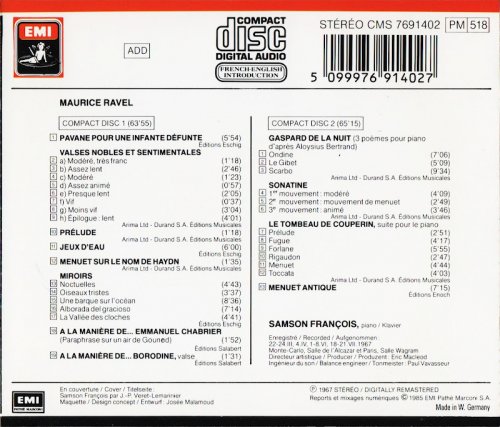
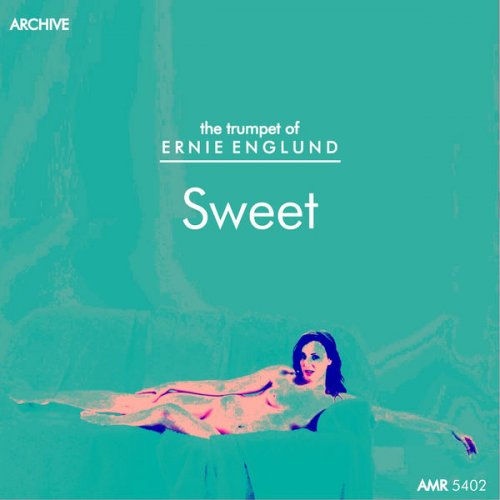
![Frode Kjekstad - Stars Aligned (2026) [Hi-Res] Frode Kjekstad - Stars Aligned (2026) [Hi-Res]](https://img.israbox.com/img/2026-01/08/n12580el2kaqvo9f0inrj0po7.jpg)
